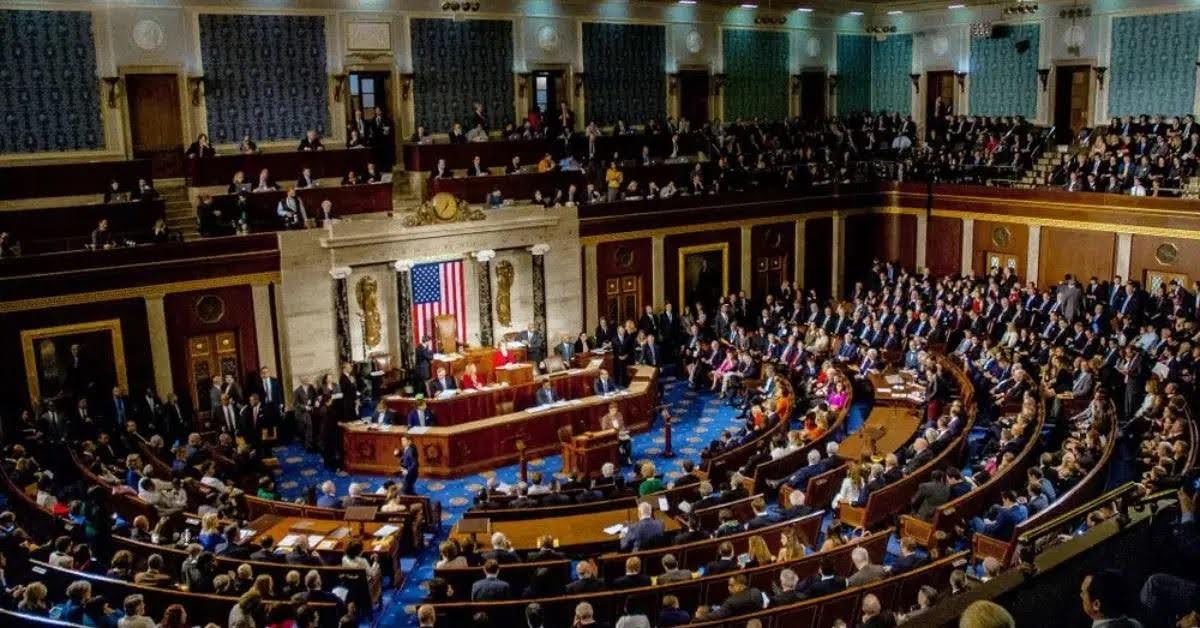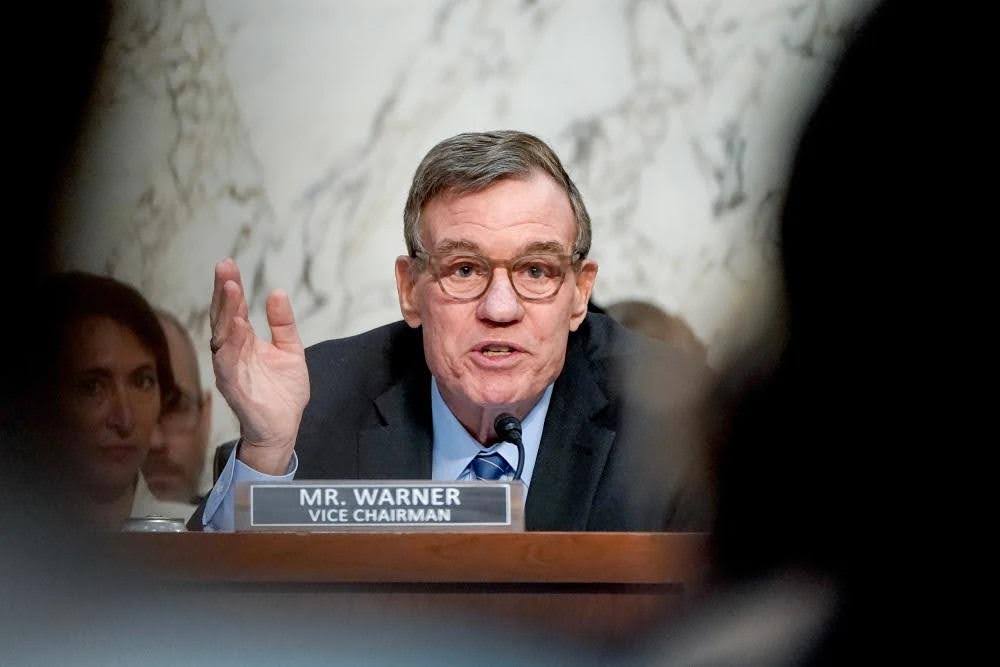Senate Shocker: 15+ Democrats Flip as GENIUS Act Clears Key Hurdle in 66-32 Vote

Key Takeaways:
- U.S. Senate passes motion to advance the GENIUS Act with a 66-32 vote
- Over 15 Democrats, including Cortez Masto and Adam Schiff, reversed their initial stance
- The GENIUS Act aims to regulate stablecoins—potentially reshaping the crypto landscape

The rules for the U.S. cryptocurrency sector may be about to change in a big way. Host of CryptoAmerica Eleanor Terrett recently posted on her X that the Senate voted 66-32 on the night of May 20 to move on with the GENIUS Act, a big law that deals with digital assets and stablecoins. This procedural success lets the Senate officially start talking about and changing the bill.
JUST IN: Motion to invoke cloture on the motion to proceed to the consideration of the GENIUS Act has PASSED.
15+ Dems flipped their votes from no to yes including @CortezMasto, @SenAdamSchiff, @MarkWarner, @SenRubenGallego, @SenatorWarnock and others. Senate Minority leader…
— Eleanor Terrett (@EleanorTerrett) May 20, 2025
Read More: Republican Senator Bill Hagerty Introduces The GENIUS Act to Regulate Stablecoins
Key Senate Flip: Momentum Grows for Stablecoin Regulation
More than 15 Democratic senators who initially opposed the GENIUS Act changed their votes to support moving it forward. Prominent electoral reversals encompass Senator Catherine Cortez Masto, Representative Adam Schiff, Mark Warner, Ruben Gallego, and Raphael Warnock. Senate Minority Leader Chuck Schumer maintained his opposition, while Senator Josh Hawley was missing from the vote.

The 66-32 cloture vote is not a final passage—it simply means the Senate will now officially debate the bill’s contents. But the bipartisan support signals growing urgency in Washington to create a regulatory framework for digital assets, especially stablecoins.
What’s in the GENIUS Act—and Why Crypto Investors Are Watching
Stablecoins Take Center Stage
The GENIUS Act outlines comprehensive requirements for stablecoin issuers, including:
- Mandatory reserve backing (e.g., U.S. Treasury securities or cash equivalents)
- Public transparency around reserve composition
- Regular audits by independent third parties
The global cryptocurrency markets had a rough go of it in 2022 due to the failure of algorithmic stablecoins like TerraUSD; these regulations are an attempt to prevent a repeat of that.
This clear regulation has the potential to elevate the stablecoin market in the eyes of regulators, institutional investors, and banks, according to experts. This could lead to more people utilizing them and less risk to the system as a whole.
A lobbyist for the fintech industry based in Washington, D.C. said, “This is a big step forward.” “Stablecoins are too big to be stuck in regulatory limbo.”
Read More: Major Crypto Milestone: Mastercard Launches Stablecoin Payments in Partnership with MoonPay
The Politics Behind the Bill: Interests and Risks
Ties to Big Tech and Campaigns Raise Eyebrows
While the GENIUS Act has drawn praise from industry advocates, it has also sparked questions about the involvement of major political figures and tech giants.
There are concerns about financial ties between political figures—particularly from both the Trump and Biden camps—and companies building digital payment infrastructure. Some lawmakers fear that without strong ethical boundaries, crypto-related policy could favor well-connected insiders.
Skepticism persists regarding the permissibility of technology companies such as Meta or Block (previously Square) issuing their own stablecoins in the absence of explicit federal regulation.
These issues reflect previous disputes, including Meta’s discontinued Diem (Libra) initiative, which elicited worries from regulators on currency sovereignty and systemic hazards.
Market Impact: Crypto Community Reacts Cautiously
The crypto industry has responded with cautious optimism. While the GENIUS Act has not yet passed into law, clearing this procedural step is seen as an encouraging sign that U.S. lawmakers are moving toward concrete digital asset regulation.
Josh Vlasto, spokesperson for CIFonX, said in a statement:
“This action, and eventually passage of a stablecoin bill, clears the path for Congress to act on the mandate of voters to pass market structure legislation which creates clear rules of the road for digital assets.”
NEW: Fairshake was watching this vote closely. Just received a statement from Josh Vlasto, spokesperson for @CIFonX (non-profit associated with the super PAC) on tonight’s vote:
“We congratulate the Senate on today’s vote. This action, and eventually passage of a stablecoin…
— Eleanor Terrett (@EleanorTerrett) May 20, 2025
As the law moves toward debate, people in the market will closely watch any changes that could affect decentralized finance (DeFi), consumer privacy, and custody rules.
The GENIUS Act, which has support from both parties, might be a turning point for cryptocurrency legislation in the U.S. for a long time to come, affecting investor trust, innovation, and compliance.
The post Senate Shocker: 15+ Democrats Flip as GENIUS Act Clears Key Hurdle in 66-32 Vote appeared first on CryptoNinjas.
